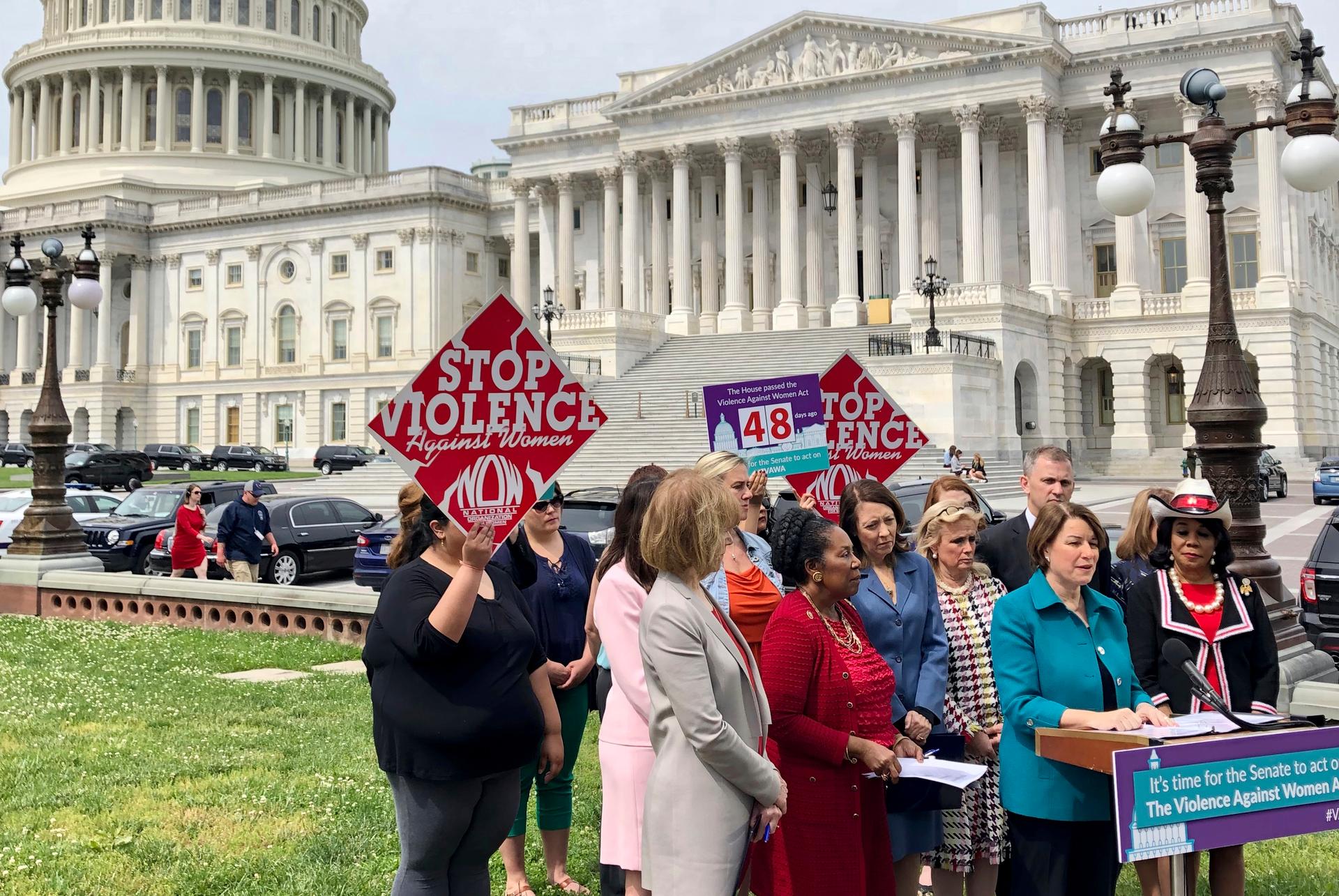Activists argue the US doesn’t do enough to protect domestic workers. Can an international hearing change that?
Sam, a Filipino migrant who lives in Los Angeles, didn’t realize he was being trafficked until he saw a crime drama on TV about a situation like his.
Sam’s full name isn’t being used because he’s worried something he says here will affect his US visa application.
Eight years ago, in the Philippines, his mother went into debt to pay an agency to send him to the US, and set him up with a job. But when he got to LA, he found himself stranded and alone, sleeping on the couches of strangers.
Related: Powerful countries break their silence on Egypt’s human rights abuses
Sam worked long hours for little pay as an in-home health aide. He says he experienced physical abuse, sexual harassment, and bullying. When he complained, his employers threatened to report his undocumented status to immigration authorities.
“You don’t have a choice. You suck it up because it’s the only way you can survive,” he said.
Unfortunately, stories like Sam’s are all too common in the US. And, experts say the problem of domestic worker trafficking and abuse has worsened during the COVID-19 pandemic in the US and abroad. Activists have fought for years to increase protections for these workers, and now they say they’ve made a breakthrough: They’ll finally get a hearing on an international stage.
The Inter-American Commission on Human Rights in Washington, DC, — a regional organization within the United Nations for countries in this hemisphere — has agreed to hear arguments from the American Civil Liberties Union on behalf of domestic workers, alleging the US has failed to ensure their human rights.
More than 2 million people in the US work behind the closed doors of private homes in the US, as nannies, housekeepers, cooks and health aides. Many are people of color or immigrants, and they often face exploitation and abuse.
Related: A new US award honors anti-corruption advocates around the world
The ACLU and lawyers from the University of Chicago filed a petition on March 12, asking commissioners to hold a hearing as soon as next month.
“This is the first petition of any kind that’s been brought on behalf of domestic workers against the United States within any international system.”
“This is the first petition of any kind that’s been brought on behalf of domestic workers against the United States within any international system,” said Claudia Flores, director of the Global Human Rights Clinic at the University of Chicago. “Part of the purpose of the commission is in situations just like this, where there is a problem that’s affecting a vulnerable community, that the vulnerable community has tried to bring to US courts, and the US courts haven’t addressed it, and our Congress has not addressed it.”
Flores hopes the commission will eventually issue an opinion about what actions the US must take to protect domestic workers. Its judgment isn’t binding; US participation is voluntary. But the bigger win may just be holding the US accountable on an international platform, and raising the issue’s exposure just as the US Congress considers legislation to establish a national Domestic Worker Bill of Rights.
“It includes fighting for paid sick leave. It includes fighting for child care relief. It includes fighting for hazard pay,” said Vice President Kamala Harris, who sponsored the bill in 2019 when she was a senator.
Related: UN Human Rights Council starts work to address a ‘pandemic of human rights abuses’
President Joe Biden also supported the legislation during his campaign.
“That’s very exciting that we have a real champion for domestic workers in the White House.”
“That’s very exciting that we have a real champion for domestic workers in the White House,” said Anna Duncan of the National Domestic Workers Alliance, which is lobbying members of Congress for their support and to bring the bill up for debate in May or June.
“I think … the actions from the Inter-American Human Rights Commission really can serve as a way to pressure the US government to take the steps necessary to make sure that domestic workers’ rights are protected.”
These most recent developments have been in the works since 2007. That’s when the ACLU took up the cases of six women who worked for diplomats in Washington, DC, and New York. The women said they had been physically abused, sexually assaulted and denied medical care. The diplomats from Botswana, Bangladesh, Argentina, Bolivia and Chile had immunity and couldn’t be charged.
The ACLU went to the Inter-American Commission, arguing that the US had failed to ensure the workers’ human rights. The US responded in 2016, disavowing any international obligation to protect the domestic workers. The US asked for the complaint to be dismissed, saying it had strengthened its policies to protect domestic workers by providing information about trafficking for those coming into the US, and keeping copies of their contracts with employers on file.
Related: Public art honoring Egyptian American Moustafa Kassem sends universal human rights message
Last summer, the Inter-American Commission members made a decision in the workers’ favor. They ruled the ACLU could petition for a hearing on behalf of all domestic workers in the US, not just those employed by diplomats. And on March 12, the ACLU and Flores, who’s now at the University of Chicago, did just that.
In response to a request for comment, a State Department spokesman said it continues to implement policies and promote practices aimed at protecting this vulnerable group of workers.
We want to hear your feedback so we can keep improving our website, theworld.org. Please fill out this quick survey and let us know your thoughts (your answers will be anonymous). Thanks for your time!
